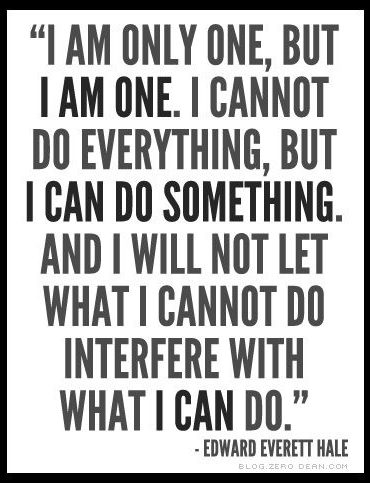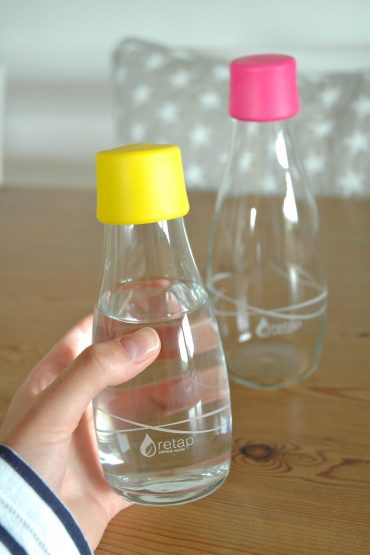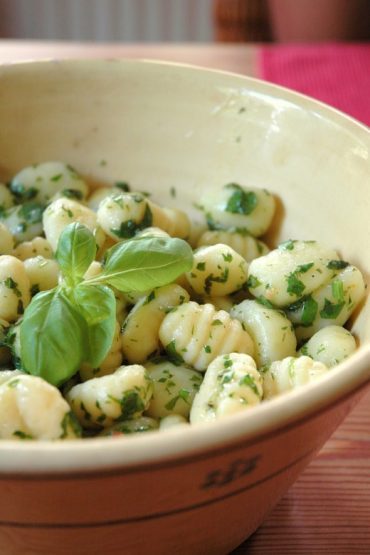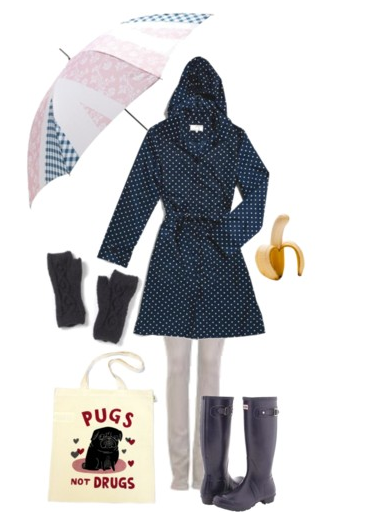If there is something I really can‘t stand, it‘s throwing away food or anything else unused for that matter. One persons trash might not look like much, but once you look at the bigger picture and add up the trash of the rest of the world, it starts to get scary.
I am often shocked at how consuming became such a huge part of our lifes. We not only consume more electronics etc. (only the newest is the best, right?), but we also consume more and more food. Something I am now more concerned with than ever.
There is something terribly wrong with our food system. The food industry is booming. On one side it seems positive. We can eat more than ever, there are more choices than ever, there are lower prices than ever. When you look at the down-side though, the list is much longer. There is more mass production than ever, more gene manipulation than ever, more pesticides, more (plastic) packaging, more transport, more CO2 emissions, more deforestation…. the list goes on and on. Not only the environment and other creatures have to suffer badly from the mass-production but also the quality of food itself.
This alone is shocking enough, but what tops all this, is the fact that about 40-50% of food gets thrown away. In the dumpster. Gone. 40-50%! Wow, my head was spinning when I tried to imagine this. It is ridiculously ironical, that so much has to suffer under the mass-/over-production, while at the same time we throw half of it away AND also millions of people are starving. This is just wrong, no matter from which angle you are looking at it.
I then discovered a great site of a woman from Phoenix, Arizona, who calls herself a „Freegan“ and basically rescues food from being thrown away. Every day she sortes out the food that supermarkets throw away in their dumpsters at the end of the day. She says:
„$72 million worth of good food is approximately how much is wasted yearly, in my city alone – eventhough the stores give to food banks. They toss out packages of vegetables & fruits when even one item is showing signs of age, or they‘re all good, they just have newer produce and no shelf room. They will not give it to me outright because of „liability“ issues though the Federal Good Samaritan Food Act protects them. So I descreetly drive by the bins and load boxes of food into my car at times few peope are around.“
Part of the food she takes home to her own family but most of it, she brings to people in need. I was really amazed and inspired by her story and I recommend that you also have a look at her page. Scroll down her page and look at all the pictures of food. You‘ll be amazed at the freshness and amount of it. (Here, two of her pictures)
This is not trash. This is good food. A lot of the food that is being thrown away is even organic food, because without pesticides they spoil a bit quicker.
When I think of all this, I come to the conclusion, that it is (like in many cases) the consumer, who drives the industry to this over-production. It is not the industries fault per se, eventhough they do know better. They deliver what the consumer asks for.
Imagine there was something sold out in your supermarket. You want your favorite chocolate, but the shelf is empty. One would probably get frustrated and complain about it. Or imagine a choice of carrots. Most people would grab the pretty looking ones and leave the deformed ones, eventhough they are perfectly fine to eat. When you think of it, all THIS behaviour is exactly what drives the industry to it’s crazy production system! As long as it makes money for them, they do whatever is needed to be done. We cannot expect high-quality food if we ask for an endless supply/choice of cheap and spotless food. And by “asking” for it, I mean buying, because our buying behaviour is the indication of what we want.
I am glad that I learned more about these issues, because it changes my behaviour as a consumer even more. I never wasted much but I am trying to waste even less, buy more locally and support small food businesses/brands, which have a smaller selection but higher quality of food. I even started to feel some kind of sympathy for uggly looking vegetables. ; )
What is most important though, is to spread the message about this topic and to inspire others to consume conciously. Always remember, that we consumers are the ones that set the rules for the food producers. We have the power to change the system.







1 Comment
Franziska Schleiter: Junk in the Trunk– It’s Time to Rescue Our Food | Moral Low Ground
January 28, 2011 at 7:26 pm[…] by Franziska Schleiter. Originally appeared on Greenderella. […]